War or Crisis? In COVID-19 Crisis, Language Matters
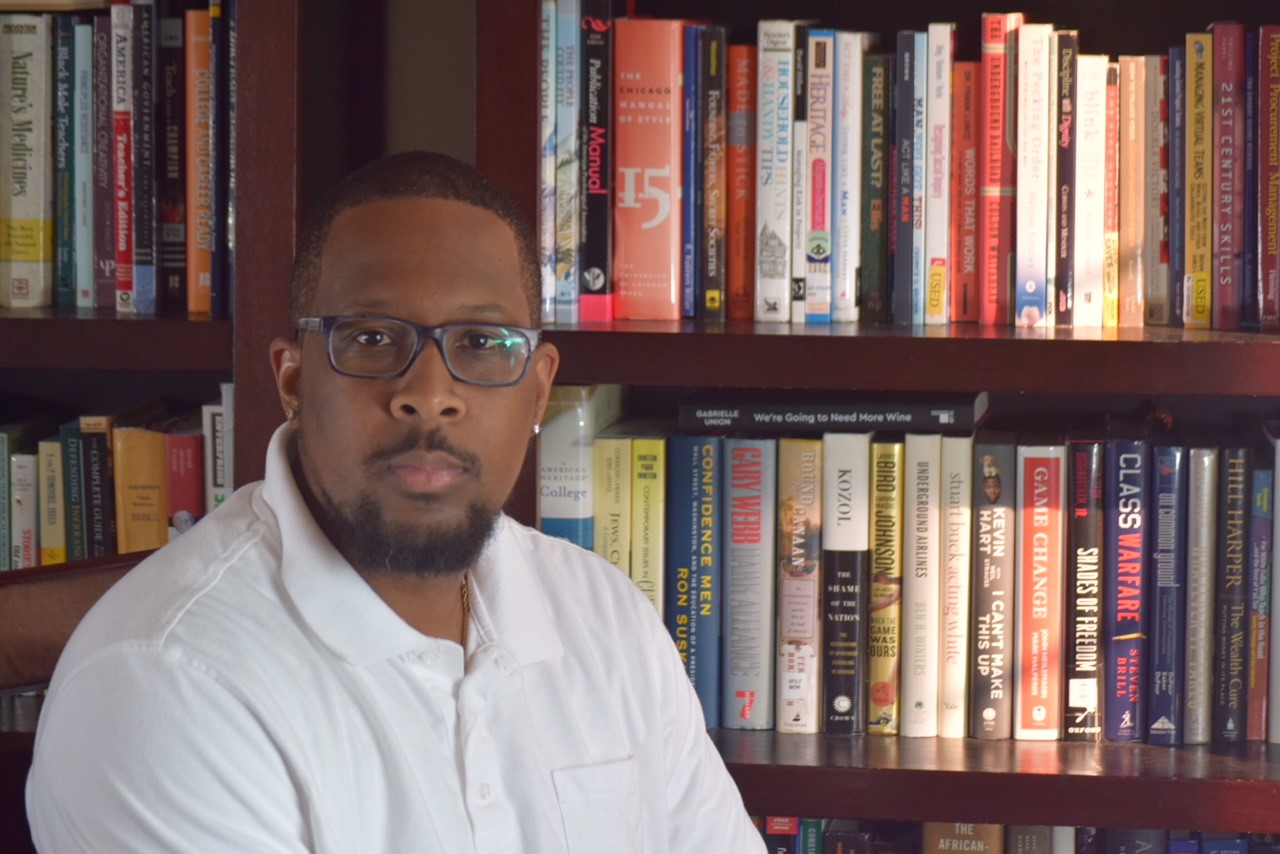
Rann Miller
By Rann Miller | Guest Blogger AC JosepH Media
CAMDEN – It’s been said that we’re in a war against COVID-19. Truth is that we’re in a humanitarian crisis. The difference in the determines how people are treated. When declaring a war, we declare an enemy to fight in order to harm. When declaring a humanitarian crisis, we declare an action in order to rescue.Â
The Trump Administration has said we’re in a war against the Coronavirus and framing this pandemic as such is no accident. Evoking the use of the word war is intentional. Politicians of the past have used the term war in responses to disease, terror, drugs and poverty to galvanize a national response and support.Â
The words “fight†and “war†are often framed as something admirable when purposed for a “good†cause. Warmongering does facilitate unity, like it did in the aftermath of 9/11. But war is violent and comes with collateral damage. Black people, and others, are often the target of such violence.
Africans faced discrimination & violence during the Ebola crisis. Members of the Islamic faith, and Islam itself, faced discrimination and violence as a result of the war on terror. The war on drugs was a proxy war on Black people; incarcerating them disproportionately and for longer sentences. The war on poverty was turned into a war on the poor; blaming poor people of color as the cause of their own plight due to their behavior and culture.
The treatment of Black people during this war on the Coronavirus is no different. Blackness was always considered a threat, however this pandemic has now magnified that threat. Pandemic policing extends and expands pre-existing policing patterns. In a stark reflection of this reality, Black people are now weighing the dangers of being perceived as a threat for wearing a mask as recommended—and, in some jurisdictions, required—and for not wearing one.
Carceral measures to ensure social distancing are primarily aimed at Black people and the poor. While COVID-19 is hitting cities hardest now, the imposition of fines, in Detroit and New York City, disproportionately harm Black and Brown people. On Twitter, the Philly Transit Riders Union posted videos of Black men being made to leave and forcibly removed by police from the bus; both because those men were without a mask.Â
So when the word war is used to describe the strategy applied to a humanitarian crisis, expect for anti-Blackness will be magnified, even as the ugliness of anti-Blackness gets exposed due to that very humanitarian crisis.
A humanitarian crisis however calls on governmental and non-governmental organizations around the world to pool together resources to help humanity survive and rebuild. Both the World Health Organization and the United Nations have procedures in place for how to address a humanitarian crisis. None of those procedures involve anti-Blackness or dealing with a humanitarian crisis as though one were fighting a war.
So why frame a humanitarian crisis as a war to begin with? Because it deflects from the incompetence of this current administration while simultaneously creating an environment where only the administration has the authority to make decisions on how to move forward.
First, war framing attempts to excuse the lack of pandemic preparedness of the Trump Administration as well as the administration’s irresponsible response to the pandemic. The Trump Administration rebuffed the pandemic preparedness plans of the Obama Administration, eliminated the pandemic response team lead and team, and according to the New York Times, rebuffed warnings that the pandemic was something to prepare for. Now, governors are working together on a pandemic response plan absent guidance of the Trump Administration.
In a war, the focus becomes winning; how you arrived at the point of war is often cast aside. War framing in this case has that exact purpose.
War framing also normalizes death; deaths become collateral damage and a casualty of war. The United States leads all countries in Coronavirus cases and deaths. The rising numbers compel leadership to act to prevent further deaths, however war framing allows leadership to place an expectation of death on this crisis. Sadly, proactive measures could have prevented the extent of this crisis nationally and internationally.
When in a war, a nation expects that lives will be lost; specifically, soldiers. We shouldn’t accept that healthcare, custodial and housekeeping workers lose their lives treating and serving COVID-19 patients. However, war framing normalizes their deaths and even those who fall victim to COVID-19.
Lastly, war framing makes Black people and people of color the enemy. With war framing, the Trump Administration has facilitated an environment where they are free to engage in establishing oppressive policies while convincing people that the virus is not the enemy but rather the people; Chinese people, Black people, the Indigenous and immigrant communities.
Human life is not a priority of the Trump administration, particularly Black life. It’s why the administration voted against UN motion condemning the death penalty for same-sex couples, withdrew from the UN Human Rights Council and failed to appoint anyone to the UN Racism Committee.
In a humanitarian crisis, people become our neighbors. The best of who we are is illuminated by our efforts to love our neighbors as ourselves; affirming the efficacy of human life. The Trump administration may label this pandemic a war, but we can call it what it is: a humanitarian crisis.
Rather than arrest people for not wearing a mask, officers can give them one instead. Rather than provide people with a less than adequate stimulus check, our government should forgive small business loans, college loans, rent payments and mortgage payments. We must affirm the efficacy of human life and resist the continued entrenching of White supremacy. Racism is killing Black people. This humanitarian crisis is proving that racism kills us all.
Bio: Rann Miller directs the 21st Century Community Learning Center, a federally funded after-school program located in southern New Jersey. He spent years teaching in charter schools in Camden, New Jersey. He is the creator, writer, and editor of the Official Urban Education Mixtape Blog. Follow him on Twitter: @UrbanEdDJ.
Note from AC Joseph Media: If you like this story and others posted on Front Runner New Jersey.com, lend us a hand so we can keep producing articles like these for New Jersey and the world to see. Click on Support FRNJ and make a contribution that will go directly in making more stories like this available. Thank you for reading.
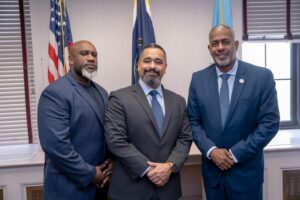
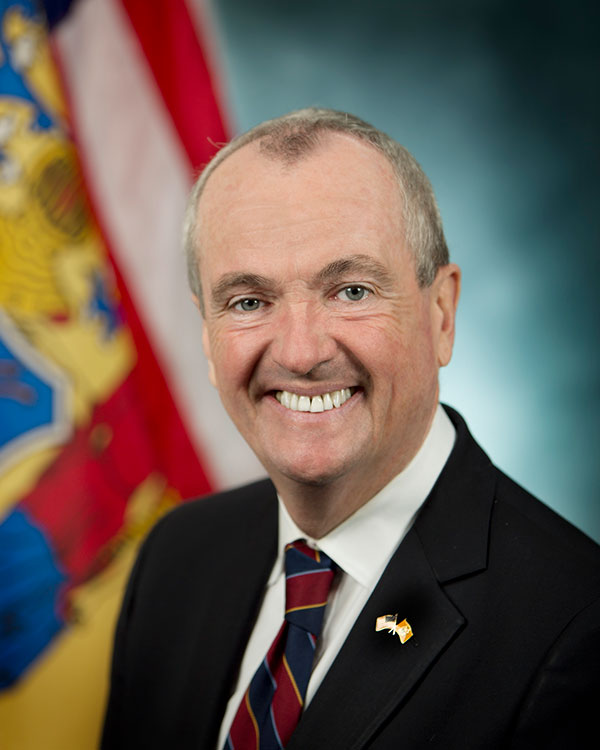
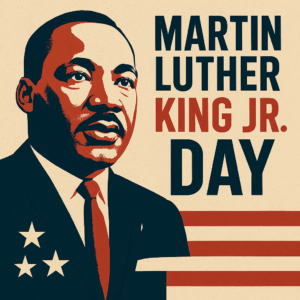
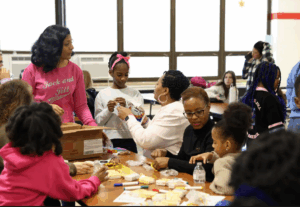
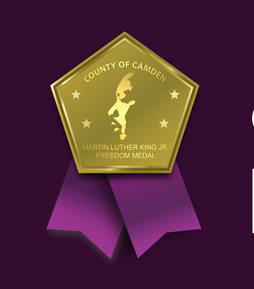
4 thoughts on “War or Crisis? In COVID-19 Crisis, Language Matters”